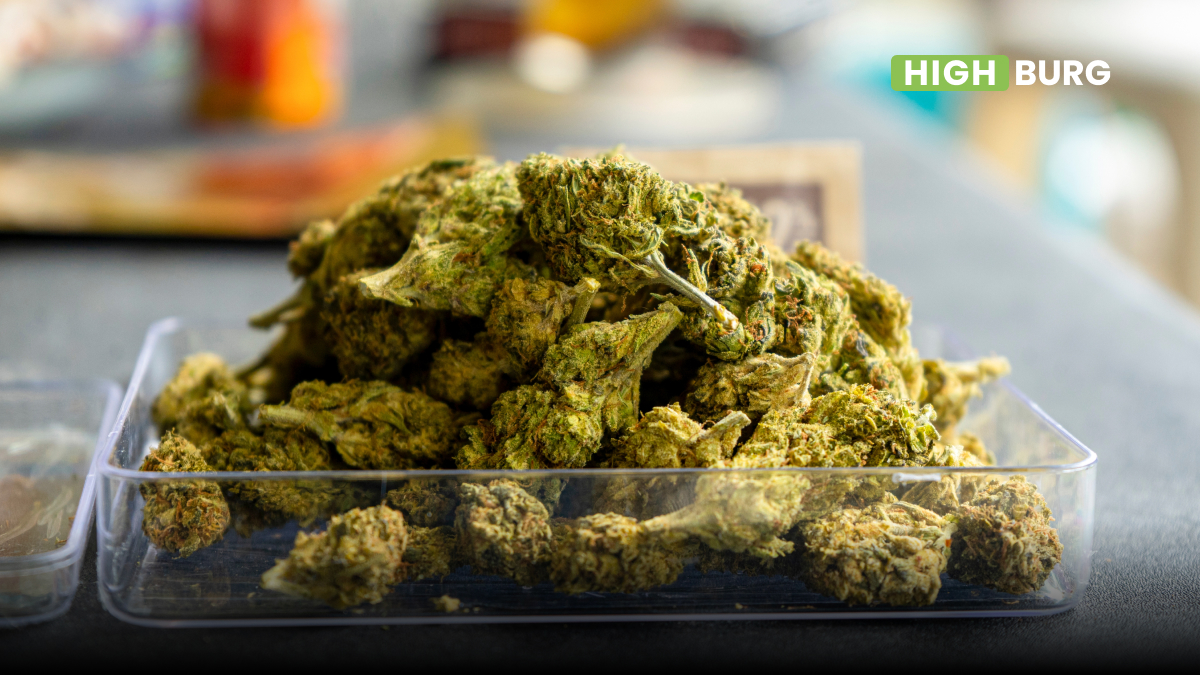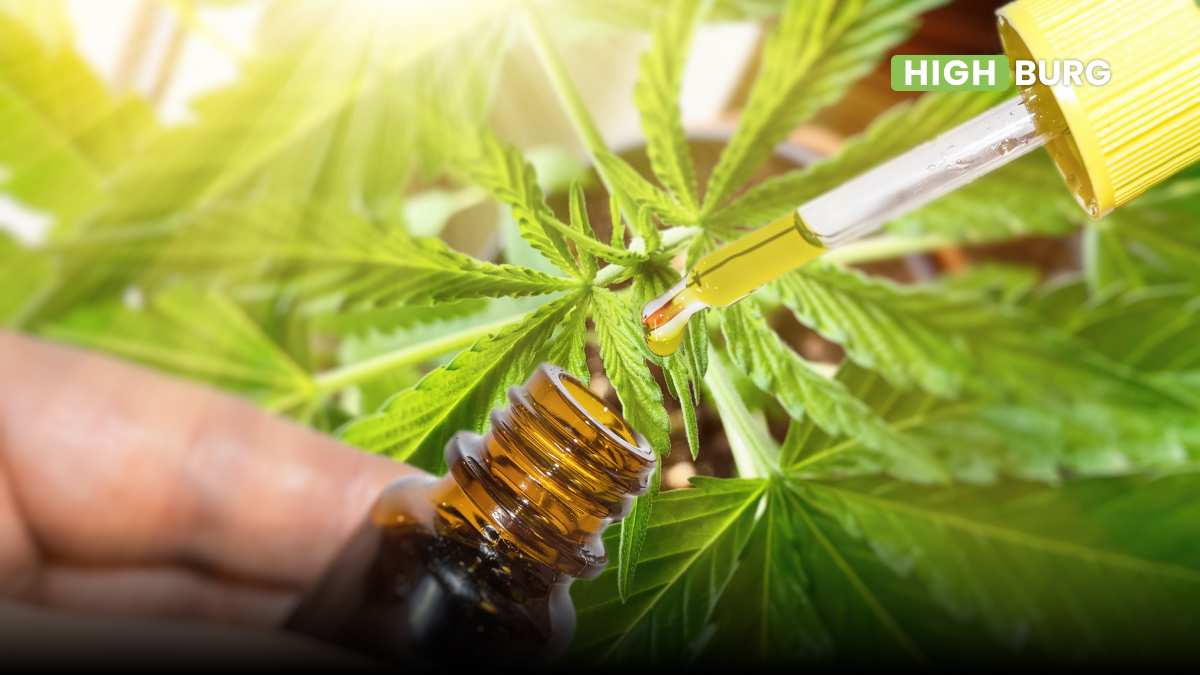The co-use of cannabis and tobacco is a common phenomenon, with an estimated 1 in 5 people who use cannabis also using tobacco. Co-use can have several health consequences, including an increase in respiratory problems, heart disease, cancer, and more. If you are among that 1 in 5, you may wonder if the co-use of cannabis and tobacco can induce dependence.
Addictive Properties of Cannabis and Tobacco
The addictive properties of cannabis and tobacco are well-established. Cannabis contains the psychoactive compound tetrahydrocannabinol (THC), that can produce a sense of euphoria and relaxation. Tobacco contains nicotine, which is a highly addictive stimulant. When you use cannabis and tobacco together, the effects of both substances are amplified. This amplification can lead to increased cravings, making it difficult to quit.
Tobacco Addiction
Tobacco contains nicotine, one of the most addictive substances on earth. Many people struggle to break their nicotine dependence.
Tobacco consumption comes in many forms. These include:
- Smoking (storebought or hand-rolled cigarettes)
- Vaping
- Chewing tobacco
- Gum
- nicotine patches
Another way to consume tobacco is to mix it with cannabis. This leads to the question of whether or not the co-use of tobacco and cannabis causes dependence.
Cannabis Addiction
Cannabis is not as addictive as other drugs, such as cocaine or heroin. However, research suggests that it is possible to develop cannabis dependence. Dependence leads to withdrawal symptoms when usage stops.
The addictive potential is likely due to the presence of THC, the psychoactive compound in cannabis. THC binds to reward and pleasure receptors in the brain. This effect can lead to a cycle where people continue to use cannabis to experience pleasurable effects.
However, we must note that not everyone who uses cannabis develops a dependence. Most of us enjoy the positive benefits of cannabis frequently with no side effects. The risk of addiction is higher in people who start using cannabis at a young age, use it often, or have a family history of addiction.
Generally, cannabis is considered a safe and non-addictive substance. However, just like everything else, there are risks to consider.
Interaction Between Cannabis and Tobacco
Tobacco and cannabis interact with each other in several ways. Nicotine, the addictive stimulant in tobacco, can enhance the psychoactive effects of THC, the main psychotropic compound in cannabis. This phenomenon can lead to a more intense high and an increased risk of dependence.
Additionally, tobacco smoke can increase the absorption of THC into one’s bloodstream. This increase means that people who co-use cannabis and tobacco are potentially exposed to higher levels of THC.
Smoking cannabis and tobacco together may increase the risk of the following:
- Respiratory problems
- Heart disease
- Cancer
- Dependence
If you are considering using cannabis, be aware of the risks associated with tobacco co-use.
How Co-use of Tobacco and Cannabis Could Lead to Dependence
The co-use of tobacco and cannabis could lead to dependence. Research shows that tobacco smoke increases the absorption of THC into the bloodstream. Since nicotine enhances the psychoactive effects of THC, co-use can lead to a more intense high. This will increase the reinforcing effects of both tobacco and cannabis and make them more difficult to quit.
The two substances share some of the same brain pathways. Because of this fact, using both substances may lead to changes in the brain that make it harder to quit either substance.
People who co-use tobacco and cannabis are more likely to have a family history of addiction. This suggests that there could be genetic factors that make some people more susceptible to addiction when using both substances.
Conclusion
The co-use of cannabis and tobacco may lead to dependence in some people.
While cannabis is a generally safe substance enjoyed by many of us, there can be consequences when combining use with highly addictive nicotine products.
If you or someone you know is struggling with addiction, speak to a healthcare provider about your options.



